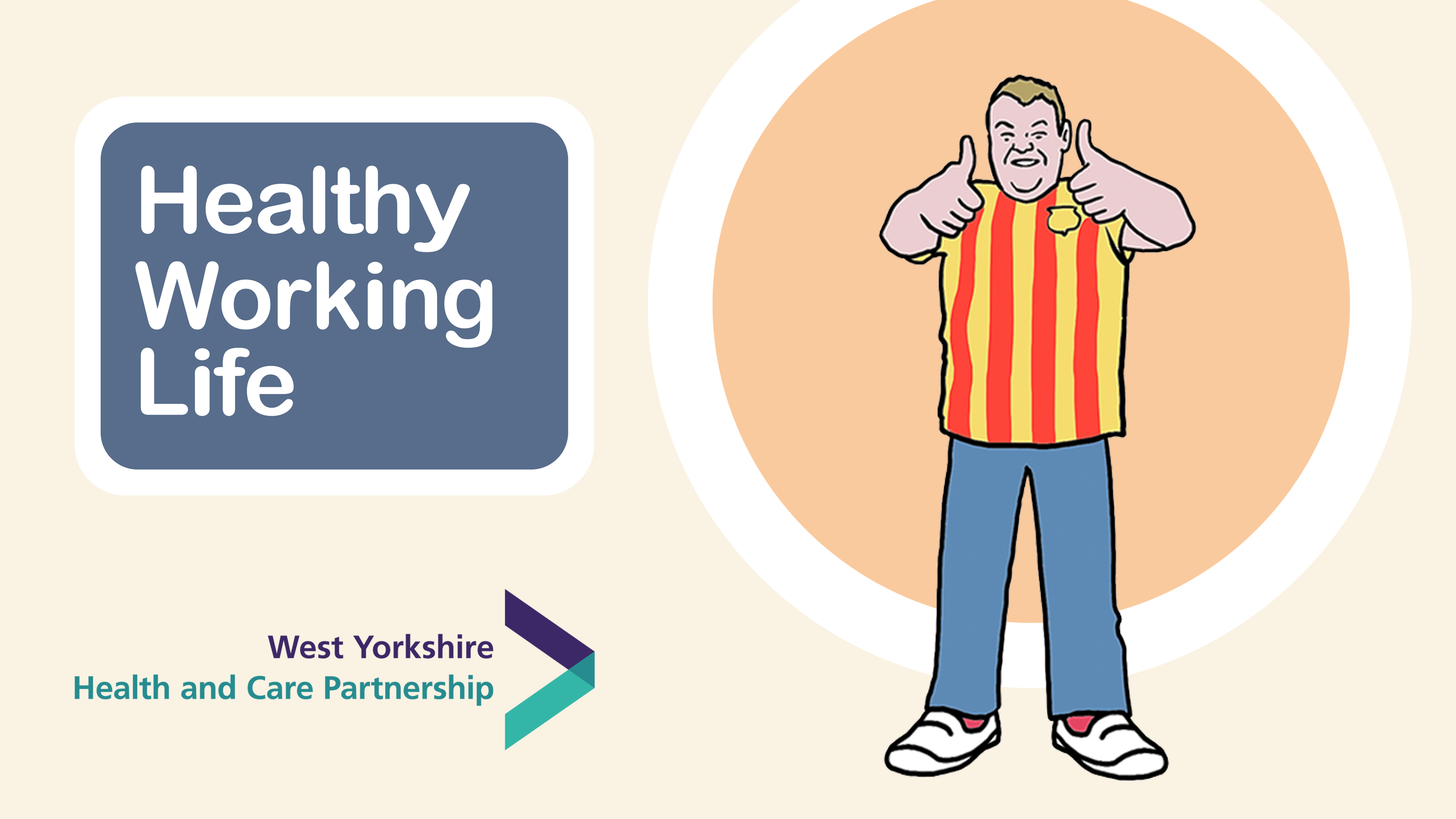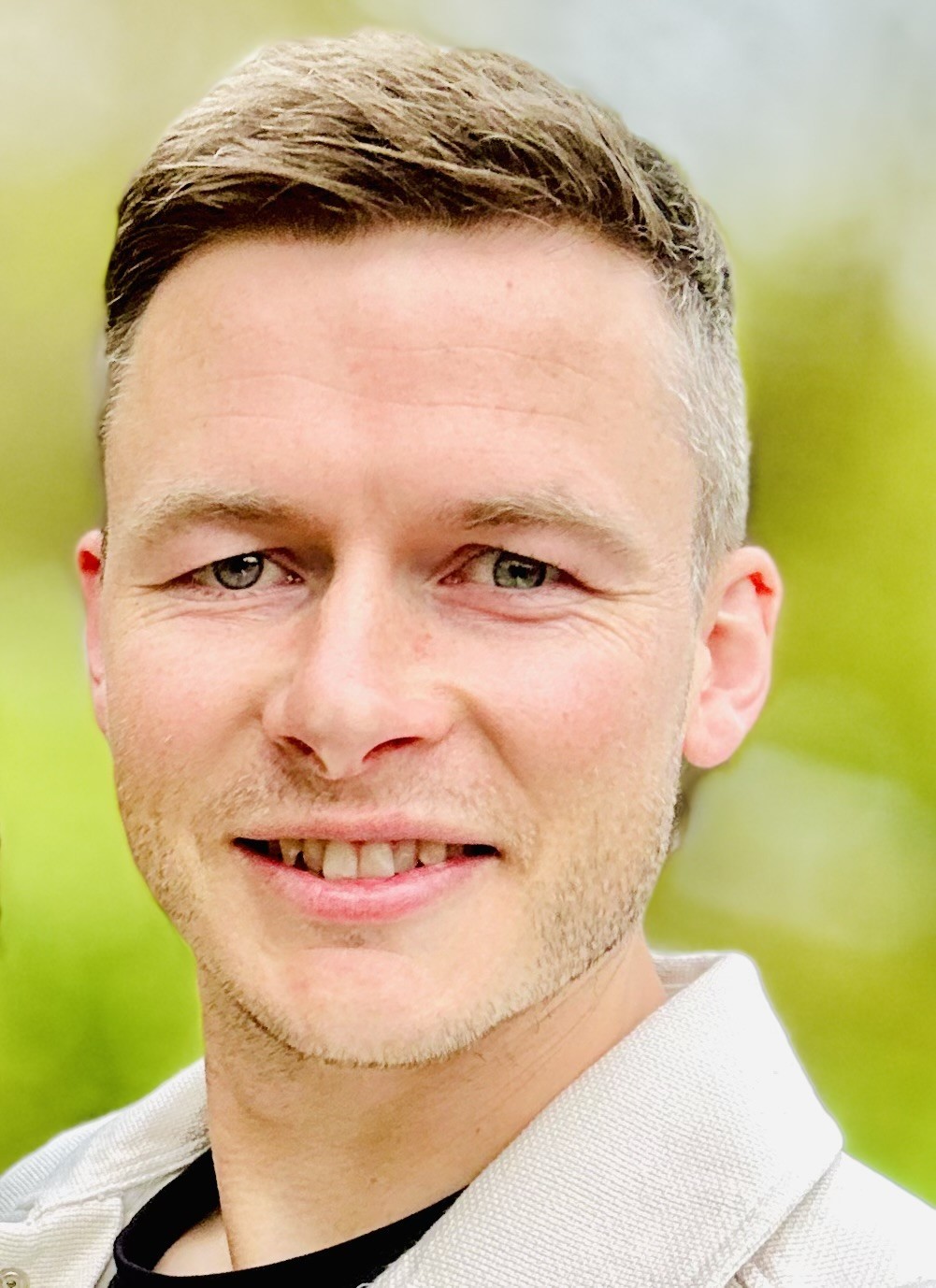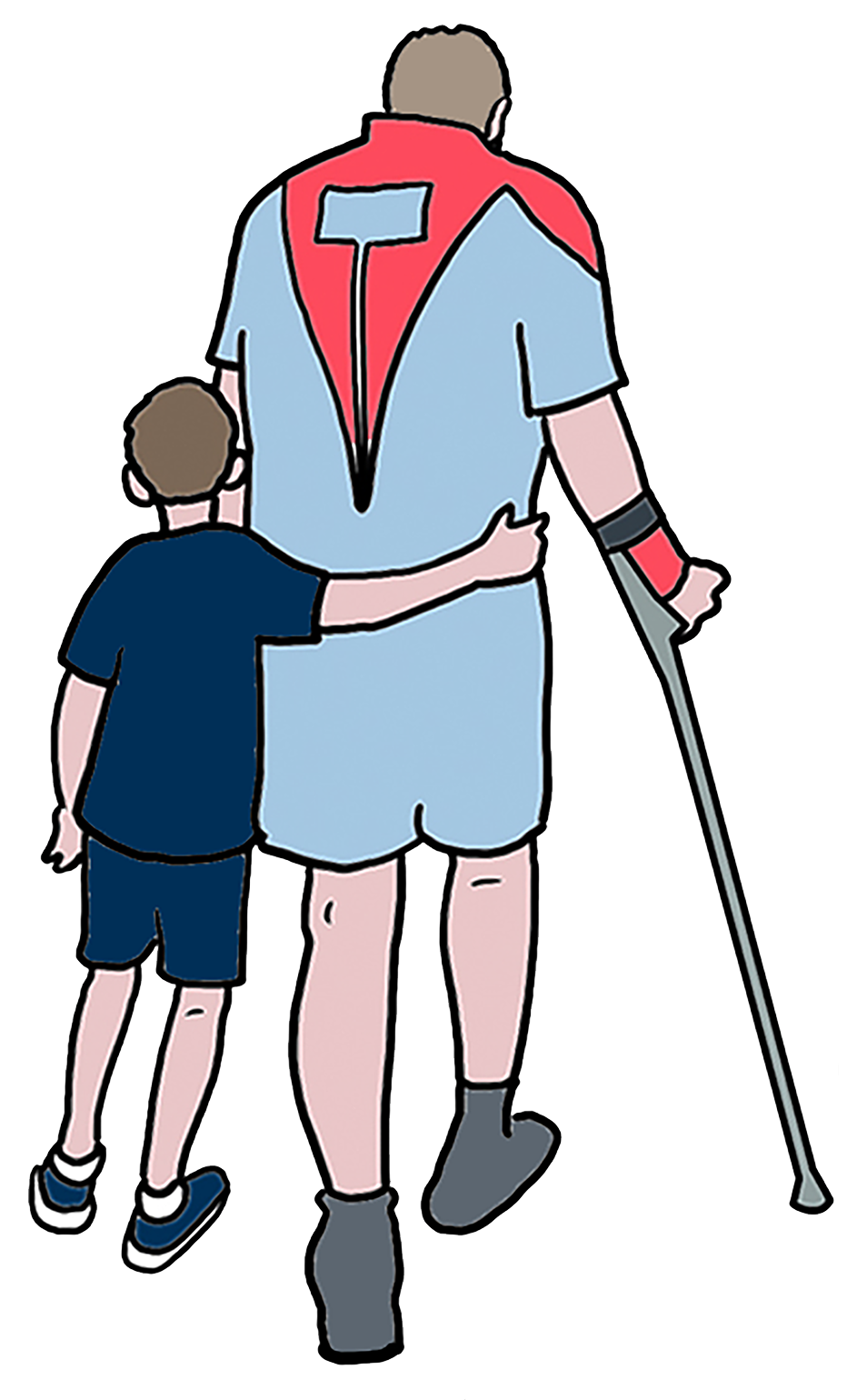 19 July 2025
19 July 2025
What’s this project all about?
Since the start of the pandemic, many people have struggled to stay in or return to work because of long covid symptoms like fatigue, brain fog and anxiety. In response, West Yorkshire Integrated Care Board colleagues from across the three NHS trusts in Bradford District and Craven, created a support programme to help people manage their symptoms and remain in work.
The vocational rehabilitation (VR) programme began in 2021. It combines group sessions with one-to-one support to help people understand their health, build confidence and make practical changes at work.
What the service offers
People begin with a triage call, where a health professional talks through their situation and helps them decide the next steps. Most people join virtual group sessions, which focus on:
- understanding long covid
- managing symptoms
- learning from others with similar experiences
- planning for a return to work or staying well at work
After this, they are offered a 1:1 session, where personalised recommendations for workplace adjustments are written in an AHP (allied health professional) report. They can then share this with their employer. Joining review groups is another option, giving them a chance to discuss progress, challenges and ask questions alongside other participants and therapists. Extra 1:1 support is available for those who need it most. People can continue to attend monthly drop-in sessions for as long as they feel they need support.
 Rehabilitation Lead, Jez Gee, explains:
Rehabilitation Lead, Jez Gee, explains:
"What makes this approach different is the focus on group work. By bringing people together, the team creates a space where individuals can share experiences, support each other and learn useful strategies. Participants get expert advice from health professionals, support to plan workplace adjustments and ongoing access to drop-ins and group reviews. This approach is also more accessible meaning we can support more people."
 Faye Peary, Clinical Occupational Therapy Lead, adds:
Faye Peary, Clinical Occupational Therapy Lead, adds:
"When done well, group support is incredibly powerful. It helps people feel less alone, more in control and more confident. Our goal is to provide tools that empower people to manage their health - not just for now, but for the future. The group sessions help participants reconnect and regain their confidence."
The group sessions focus on four key areas:
- Information - practical advice on workplace rights, how to talk to your employer and where to get help
- Acceptance - sharing stories help people feel understood and less isolated
- Empowerment - simple tools help people understand their limits and plan adjustments
- Behaviour change – cognitive behavioural therapy (CBT) and motivational techniques help people create helpful patterns
What difference has it made?
 The results so far have been life-changing for many people
The results so far have been life-changing for many people
For people returning to work:
- 93% were not working before the programme
- 93% returned to work and stayed there after taking part - we support people for as long as they need when they return and typically this is for at least six months
For people staying in work:
- 76% were struggling to remain in work before the programme with the other 24% very recently going off sick
- 98% were able to return or stay in work afterwards
- some decided to retire early due to health reasons, saying the programme helped them make that decision positively
People also said they felt:
- more confident and in control
- happier with their job and work-life balance
- less likely to feel at risk of losing their job
Over 60% said the support was essential or had made a big difference to their situation.
What do people think about it?
 People who joined the feedback shared positive feedback.
People who joined the feedback shared positive feedback.
One long COVID vocational rehab patient said:
"I no longer felt on my own and knew there were others feeling the same as me.
"I was at one point seriously considering leaving my job. The health and work report helped my employer understand what I needed. As a result of the support, I’ve been able to stay in work and increase my hours.
"The understanding of my condition and knowledge around the condition and the adjustments that could be made was of true value to me and has changed my life for the better. I was depressed about my condition and the impact it was having on my work, family life and relationships, particularly the impact it was having on my two children. If I had not had the support, I don’t think I would still be doing the job I love as I didn’t know how to make the changes needed.
"The support I received helped me to accept the circumstances I was in and plan for the future. I continue to receive support while I need it from the Long Covid Pathway team which is invaluable for communication with my employer. It has helped them understand my condition and needs and enabled me to discuss what I needed at work moving forward - this is important as these are difficult conversations."
Faye reflects:
"What stands out is not just the health progress people made, but the way they were able to take back control of their lives. People felt supported, not alone and able to make decisions about their work and wellbeing."
What’s next?
The success of the long covid VR programme has been taken up as part of the Healthy Working Life programme opening the door to wider plans and ensuring further
- keep offering the long covid pathway as part of the core service
- develop support for people with multiple or long-term health conditions
- launch a new offer that supports people regardless of diagnosis
- create short videos and tools for patients and professionals
- provide training to other health professionals across West Yorkshire to improve access to vocational rehabilitation
Across West Yorkshire we’ll also be carrying out projects that build capacity and test scalable models across the region:
- Airedale (vocational rehab level 1) - we will train staff across cardiac, pulmonary and stroke rehab. High-quality patient resources will support 400 people, with 40 expected to stay in or return to work
- Stroke survivors (aphasia support) - expanded speech therapy and aphasia cafes will help 32 people. Eight are expected to reach work-related goals
- Active Leeds (cardiac, pulmonary and stroke rehab) - we will embed vocational rehab into existing services, supporting 150 people. Around 45 should remain in or return to work
- Bradford (cardiac and heart failure rehab) - integrated vocational support will help 150 people. Up to 60 are expected to continue working
- Calderdale and Huddersfield (peer support) - low-cost peer groups will promote mental health and recovery, supporting 35 people. At least eight will benefit in terms of work
- Mid Yorkshire (cardiac rehab) - rehab services will be tailored with vocational support to help 83 people. Around 46 are likely to return to or stay in work
Jez said:
"This isn’t just about long covid. We want to put rehabilitation at the heart of healthcare across the region so that everyone has the tools, confidence and support to stay in or return to meaningful work. It’s about changing how we see rehabilitation - focusing on what matters to people and helping them move forward with confidence."
This project is part of Healthy Working Life - reducing the number of people in West Yorkshire who may become unable to work because of ill health. Find out more on our Healthy Working Life website pages.
You can also view the long covid group work shaping West Yorkshire’s rehabilitation future case study as a pdf.

